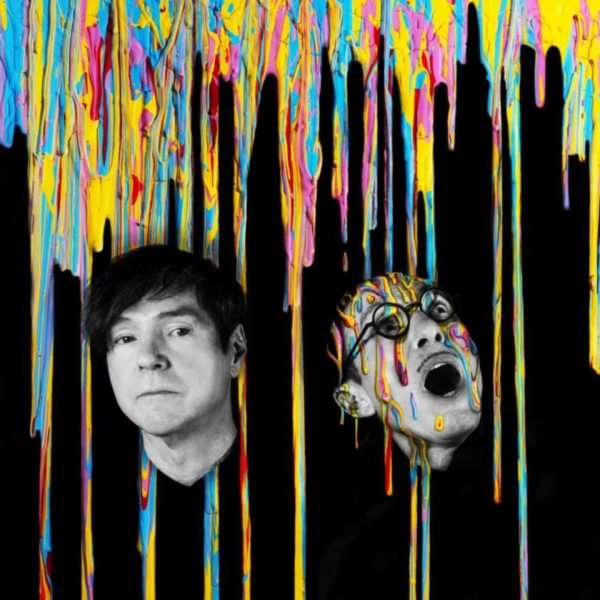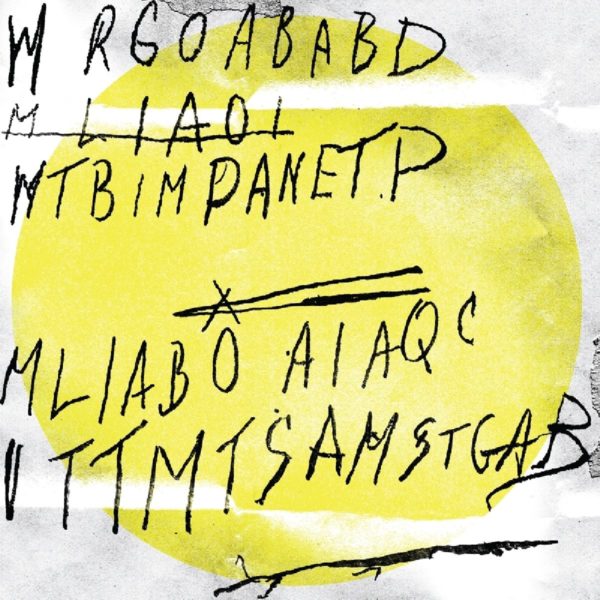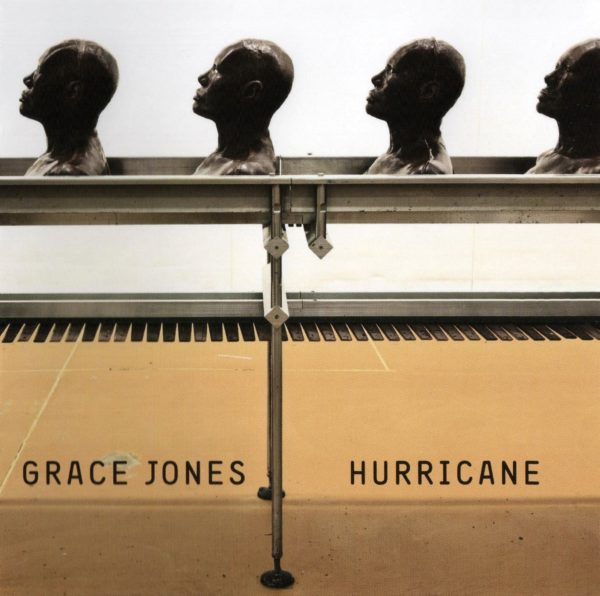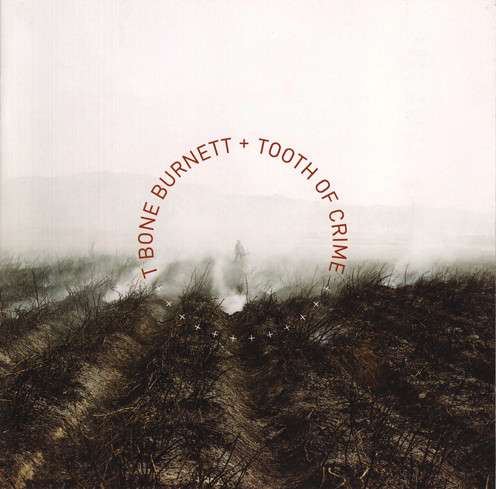[You can hear some of J.’s music here, here, and here.]
Sparks, A Steady Drip, Drip, Drip: Brothers Ron and Russell Mael formed Sparks in 1967, which means they have been a band as long as I’ve been alive. 2020 is the year I became a super-fan. This is their 24th studio album, released this May, and like every other Sparks record I’ve heard, it’s full of timeless, eccentric yet immediate pop music that crackles with an irrepressible creative joy. Sublimely ridiculous lyrics (“Stravinsky’s only hit / he toned it down a bit / He didn’t write the words, that was my job”) frame surreal and sometimes unexpectedly poignant stories, while the music runs an insanely wide gamut from almost symphonic harmonic complexity to new-wave ditty simplicity. Unlikely but incredibly catchy hooks abound. This record achieved the impossible: it made me smile while I was doing yard work.
The Drones, Feelin’ Kinda Free: The Drones were an Australian guitar band between 1997 – 2016. Members went on to form the delightfully-named Tropical Fuck Storm, who are also great, but the Drones are a special band for me and this record is a masterpiece. Singer/guitarist Garth Liddiard is a virtuoso of “wrong” notes and whammy bar mutations, whose playing has a scary emotional directness, seeming sometimes to grasp and stumble, but always with purpose and musicality. Their sound went through stages from garage-psych noise to melancholy Gothic Americana, to Neil Young-influenced walls of sound, and this record, their last, was a dive off the deep end incorporating loops, digital editing, and deep synth bass into an uncompromising wall of sound, with lyrics ranging from sharp-tongued political outrage (“Private Execution”) and conspiracy-theory-fueled satire (“Taman Shud”) to broken-hearted farewells (“To Think That I Once Loved You”). I often describe this record as “imagine if Beauty Pill were drug-addled reprobates,” and I say that with a heart full of love and awe.
Grace Jones, Hurricane: I got HOOKED on this record for maybe two weeks after watching the documentary “Bloodlight and Bami.” Deep grooves, inventive production, powerfully autobiographical lyrics, that unmistakeable voice so full of depth and challenge. A perfect beginning: “This is my voice, my weapon of choice.” The song “Williams Blood” is like a tone poem. Before I heard this record, I had always thought of Grace Jones mainly as an icon of surfaces and representation — her piercing gaze; her striking looks; her records, which, though brilliantly curated and highly enjoyable, were mainly cover tunes – but this (no less stylish) record is personal, powerful, and deep.
Einstürzende Neubauten, Perpetuum Mobile: Most people who know Einstürzende Neubauten only from a distance seem to think of them primarily as a noise band, more of an alienating art statement than music; the putative inventors of the elusive genre known as “industrial,” with lore such as their legendary destruction of the old 9:30 Club stage with jackhammers. But in the course of their 40-year history, they have absorbed and incorporated influences as disparate as Kurt Weil and Lee Hazelwood, and produced some sublimely beautiful music with unorthodox textures, hypnotic rhythms, and poetic lyrics. This record can bring tears to my eyes, especially “Youme and Meyou” and “Dead Friends Around the Corner.”
T-Bone Burnett, Tooth of Crime: T-Bone Burnett is mostly known as a record producer (his star-studded discography includes Sam Phillips, Elvis Costello, Gillian Welch, and the Robert Plant/Alison Krauss collaboration Raising Sand) and soundtrack composer (True Detective among many others). I went looking into his music after hearing an interview on the Broken Record podcast, and this album, along with its sister “The True False Identity,” stuck with me. The musical soundscape often resembles a slicker, more elegant version of Tom Waits’ recent records – noisy, often overdriven – yet somehow still understated. Lonely tremolo guitars hang in the charged air, distorted kick drums boom and ring, but the total effect is more seductive than Waits’ cranky challenge. Burnett’s deadpan delivery of darkly comic lyrics sometimes gives way to a more melancholy melodicism and an almost tin pan alley aesthetic, as in the ballad “Dope Island,” a duet with Sam Phillips which is a standout track for me.
Jerry Goldsmith, Logan’s Run Soundtrack: Jerry Goldsmith has been a huge musical influence on me since I was a kid. Like all the best movie composers, he was able to evoke the inner lives of a film’s characters, the soul within its action, and bring the audience into the story in a way only music could achieve. He was an effortless musical chameleon, while still maintaining his voice as a composer — endlessly inventive with melody, harmony, and rhythm, equally comfortable with pop hooks or 12-tone soundscapes. It became his curse that he had to supply depth for so many films that lacked it in and of themselves (to illustrate my point: try watching the supernatural scenes in the original “Poltergeist” with the sound down). Anyway, leaving the actual movie aside, this score is great! Goldsmith was a big fan of mixing what was then brand-new music tech like analog synthesizers and tape echo units with more conventional orchestral sounds, and in this score he really revels in avant-garde synth weirdness (to reflect the emotionless world of the dome dwellers) – but he also makes the most out of what sounds like a small-ish orchestra (with nods to Stravinsky and Copland) when it’s time to bring a sense of wonder or a deeper human feeling.





